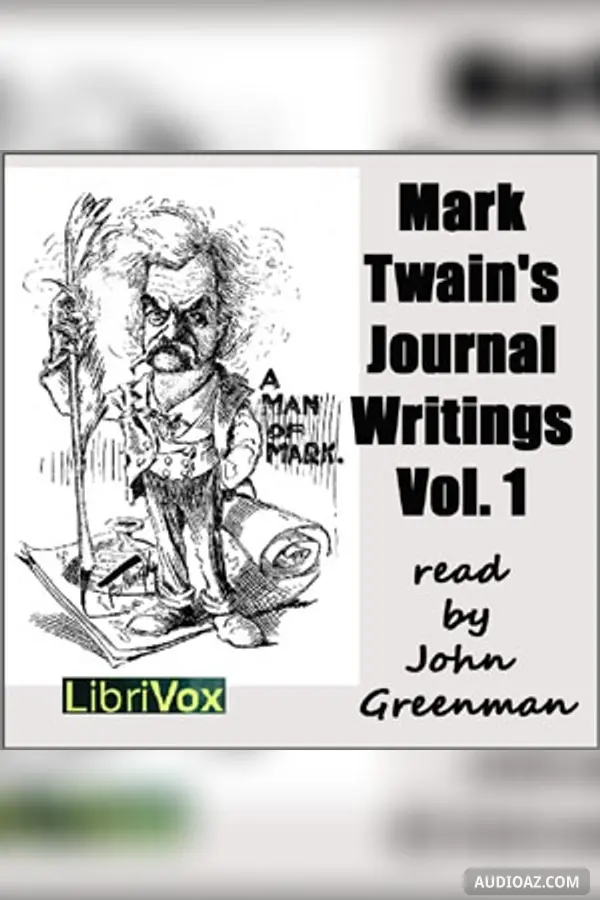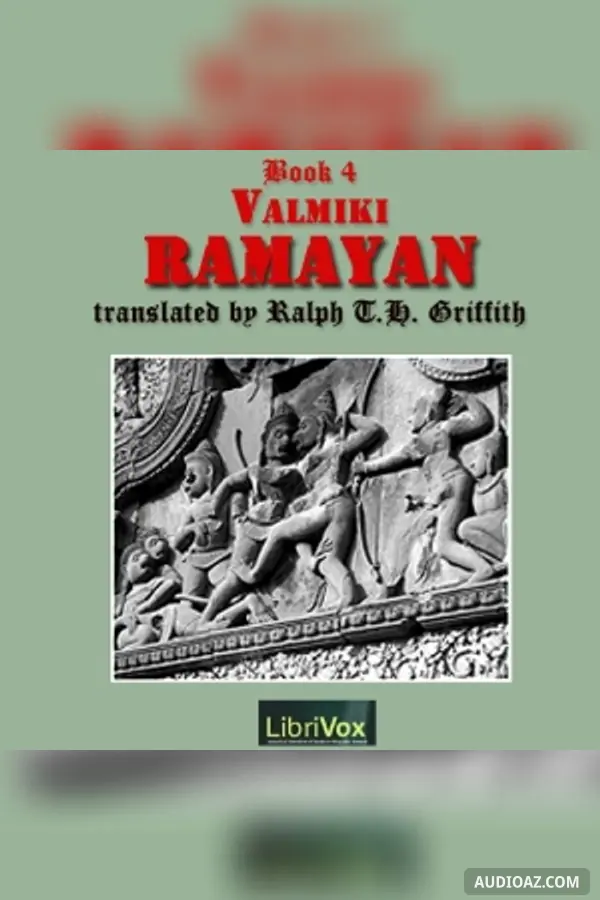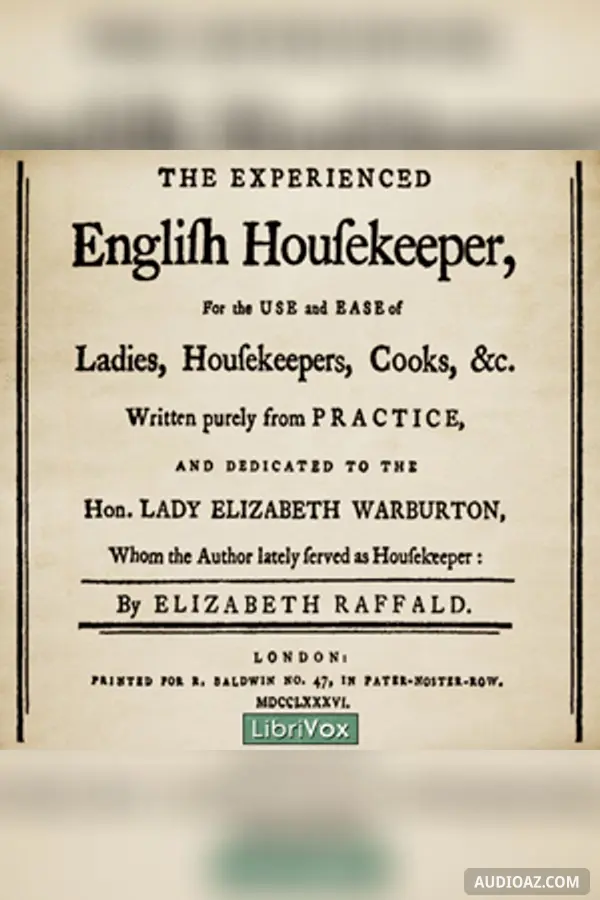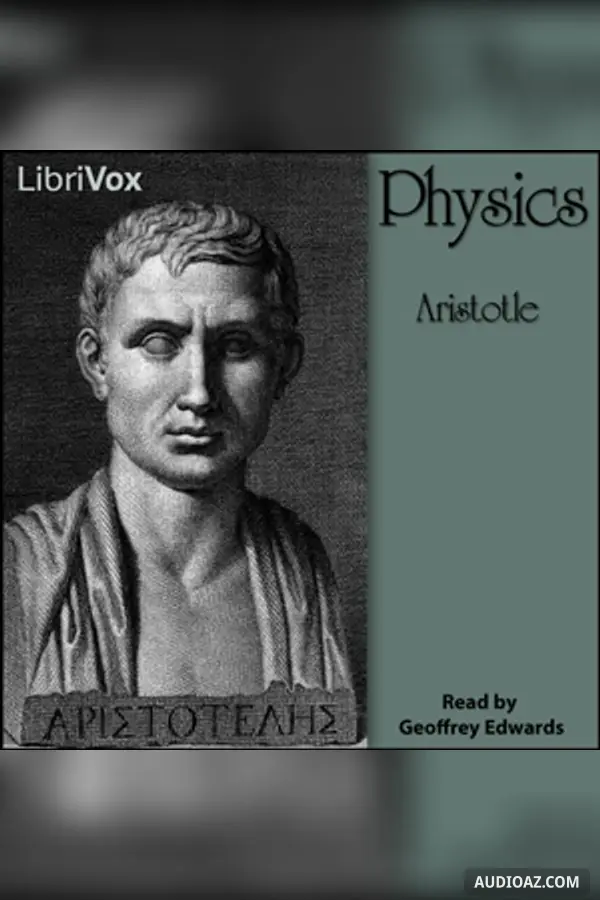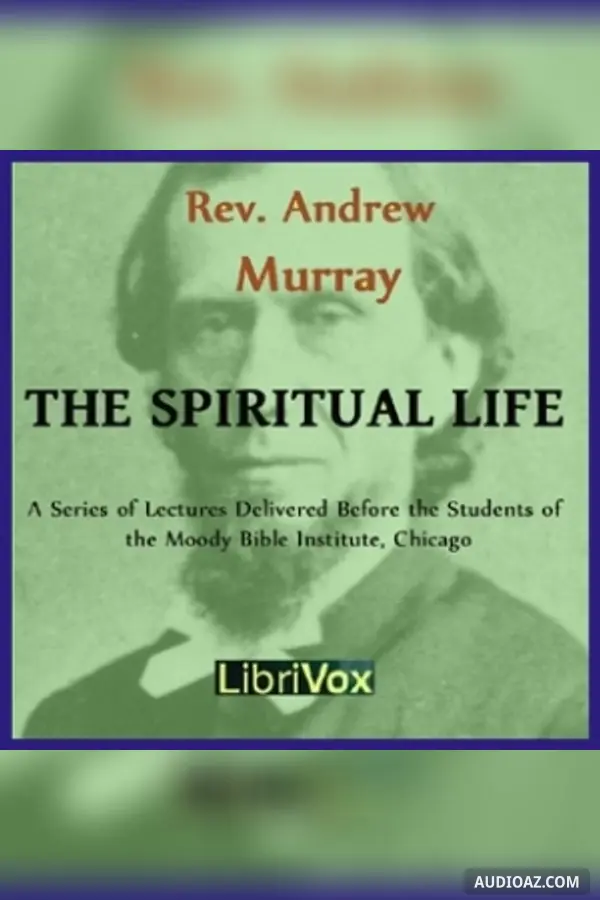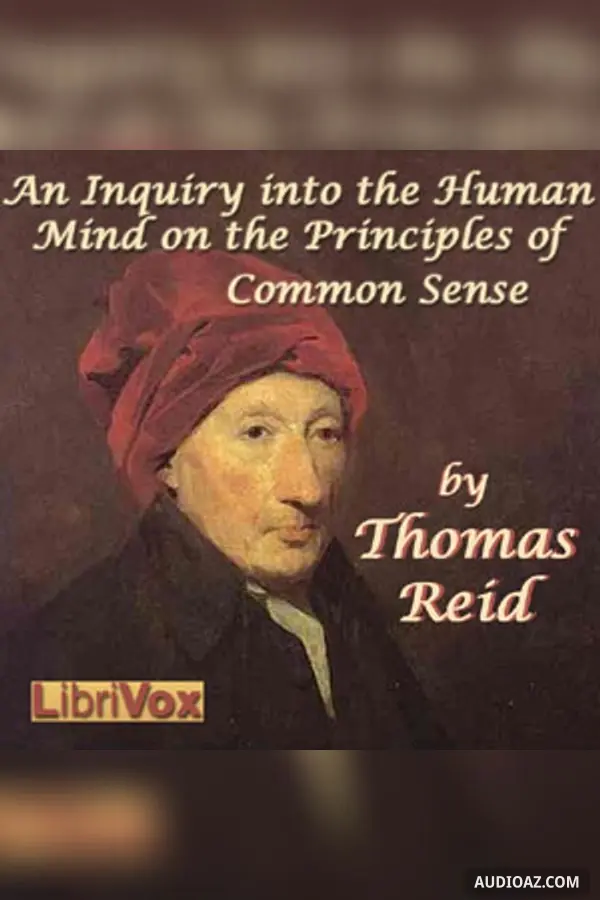
Inquiry into the Human Mind on the Principles of Common Sense - Audiolibro Gratis
Autor(es): Thomas Reid
Idioma: English
Género(s): ModernoNo ficciónFilosofía
1 / 14Dedication
- 1. Dedication
- 2. Introduction
- 3. Of Smelling
- 4. Of Tasting
- 5. Of Hearing
- 6. Of Touch
- 7. Of Seeing (Secs. 1 - 7)
- 8. Of Seeing (Secs. 8 - 10)
- 9. Of Seeing (Secs. 11 - 13)
- 10. Of Seeing (Secs. 14 - 18)
- 11. Of Seeing (Secs. 19 - 20)
- 12. Of Seeing (Secs. 21 - 23)
- 13. Of Seeing (Sec. 24)
- 14. Conclusion
Acerca de
"That excellent book by Thomas Reid, the Inquiry into the Human Mind (first edition, 1764; 6th edition, 1810), as a negative proof of the Kantian truths, affords us a very thorough conviction of the inadequacy of the senses to produce the objective perception of things, and also of the non-empirical origin of the perception of space and time. Reid refutes Locke's doctrine that perception is a product of the senses, by a thorough and acute demonstration that the collective sensations of the senses do not bear the least resemblance to the world as known in perception, and especially that the five primary qualities of Locke (extension, form, solidity, movement, and number) absolutely could not be afforded us by any sensation of the senses. Accordingly he gives up the question as to the mode of origination and the source of perception as completely insoluble; and although altogether unacquainted with Kant, he gives us, as it were, according to the regula falsi, a thorough proof of the intellectual nature of perception (really first explained by me as a consequence of the Kantian doctrine), and also of the a priori source, discovered by Kant, of its constituent elements, space, time, and causality, from which those primary qualities of Locke first proceed, but by means of which they are easily constructed. Thomas Reid's book is very instructive and well worth reading—ten times more so than all the philosophy together that has been written since Kant." (Arthur Schopenhauer. The World as Will and Representation. Trans. R. B. Haldane, M.A. and J. Kemp, M.A. London: Kegan Paul, Trench, Trübner & Co. 1909 Vol II, Ch. 2. pg. 187)
Prooflisteners for this book were MaryAnn Spiegel and denisedee.
Metacoordination and cataloging done by TriciaG and J. M. Smallheer
Comentarios
Sé el primero en comentar
Aún no hay comentarios sobre este contenido. ¡Inicia la conversación!
Descubrir Más
Etiquetas: Inquiry into the Human Mind on the Principles of Common Sense audio, Inquiry into the Human Mind on the Principles of Common Sense - Thomas Reid audio, Moderno audio, No ficción audio, Filosofía audio, free audiobook, free audio book, audioaz
